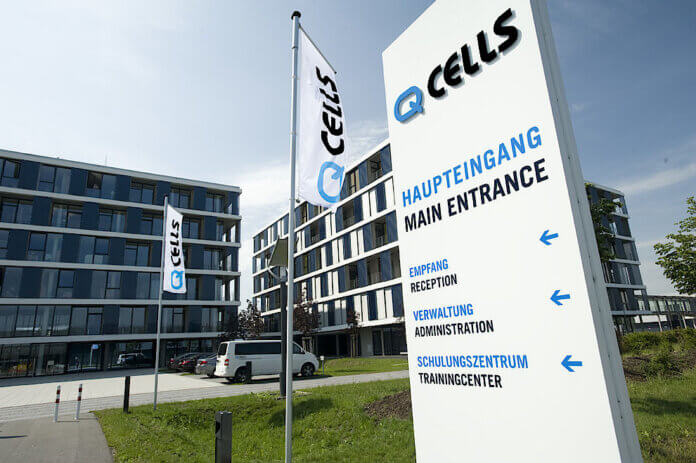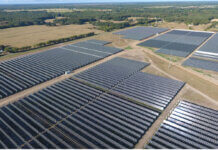The Düsseldorf Higher Regional Court in Germany has upheld the decision made by the Düsseldorf Regional Court to impose a coercive penalty payment against LONGi and REC for not fully complying with the requirements of the sentenced obligation to recall specific solar products that have been considered by the court in the first instance to unlawfully incorporate Q CELLS’ patented technology.
Despite the Regional Court of Düsseldorf’s judgement of June 16, 2020, in which the ruling stated that the defendants were legally obliged to recall specific solar products that have been considered patent-infringing (and since January 30, 2019, were sold via the distribution channels with respect to commercial customers in Germany), LONGi and REC – the Higher Regional Court ruled – failed to fully meet the requirements of the recall obligation. Hence, the Regional Court’s decision to impose each company to pay a penalty for this failure was justified.
Q CELLS filed patent infringement lawsuits against REC and LONGi in March and April 2019, respectively. The Regional Court of Düsseldorf ruled that the defendants had unlawfully incorporated Q CELLS’ patented technology into specific solar products of the respective brands, and Q CELLS initiated the provisional enforcement of the decision. The defendants appealed against this June 16, 2020 ruling. After that, Q CELLS suspected that subsequently the defendants did not take sufficient actions to fulfil the recall obligation directed by the court. Thus, Q CELLS applied to levy penalty payment on LONGi and REC, asserting for their non-compliance with the recall obligation.
The court emphasized in its decision that the debtor of a recall obligation – both LONGi and REC – have to make a serious request to their commercial customers to voluntarily return the infringing product. If either LONGI or REC, in their recall requests, imply that compliance with the recall request is at the discretion of the customer, the debtors have to clearly inform their customers that they are at risk of being directly held responsible by the patent owner to meet the requirements for the recall obligation.
The court further held that both LONGi and REC have to submit copies of all letters sent or a list of the letter recipients to Q CELLS to enable verification of fulfilment of the recall obligation.
“Q CELLS stands by the court’s decision, which is in line with the company’s commitment to protect innovations from being unfairly used,” says Dr. Daniel Jeong, CTO of Q CELLS. “As an industry leader, Q CELLS takes seriously its responsibility to establish a healthy landscape, in which time- and capital-intensive R&D efforts are properly protected. We will continue to take all necessary actions to verify the fulfillment of all requirements of the recall obligation of REC and LONGi.”
In the Netherlands, meanwhile, the Dutch Court has ordered LONGi (Netherlands) Trading B.V. to refrain from any activities that induce, facilitate or profit from infringement of the patent in the countries where Q CELLS’ affiliate Hanwha Solutions Corp. is the registered patent owner.




